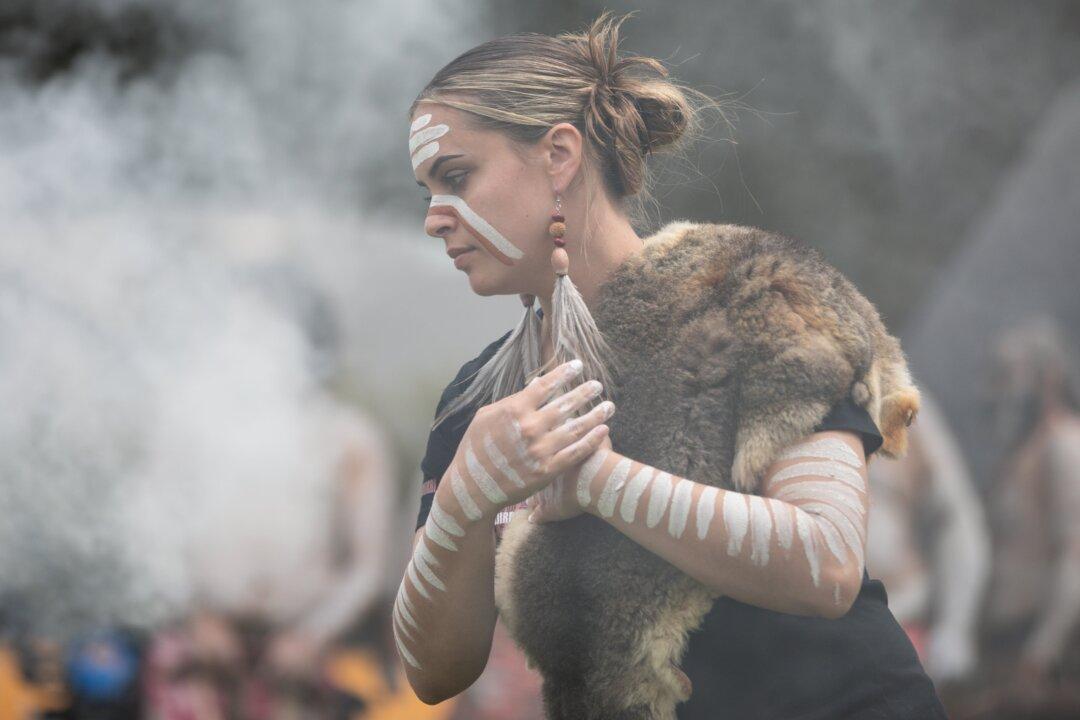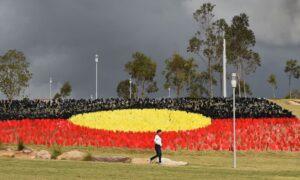The Presbyterian Church of Australia has banned congregations from conducting Aboriginal Australian ceremonies during services saying it is not appropriate.
The decision by the church was made at the denomination’s general assembly in Sydney last week, where it was decided the Indigenous ceremonial practices, the Acknowledgement of Country and Welcome to Country, were incompatible with Christian belief.
John McClean, a spokesperson for the Presbyterian Church of Australia, said the general assembly had the authority to determine how worship services were conducted, and those inconsistent with the Bible should not be included.
“And it was decided an Acknowledgement of Country or Welcome to Country would not be appropriate.”

However, the ban did not apply to “other circumstances” outside of worship services held at Presbyterian churches, Mr. McClean said.
“I wouldn’t say it’s a ban, the assembly was clear in expressing what it considers would be appropriate in the Presbyterian church and is relevant to all congregations,” he said.
“But it’s not as if someone is going to be prosecuted because they do something different.
“Certainly for Presbyterians, the question of what you do in church as public worship is a particularly sensitive issue.”
Ceremonies Criticised for Being Overused
Acknowledgment of Country ceremonies is used to show respect to Indigenous communities and their connections to their land, while Welcome to Country ceremonies are conducted by traditional owners of the land where the ceremony takes place.However, such ceremonies, which have been used at public events, have been criticised for being overused or tokenistic.
Lyle Shelton, former director of the Australian Christian Lobby, said that the ceremonies were incompatible with Christian practices.
“I don’t think they’re trying to be disrespectful to Aboriginal people, but they’re just trying to acknowledge a higher truth that we as Christians hold,” Mr. Shelton told The Epoch Times.
“As a Christian, I think we need to be careful about getting into syncretism. There’s a lot in indigenous spirituality, indigenous culture, that draws on a spirituality that is not of the understanding of the one true God, or Jesus Christ, or the Holy Spirit.
“And so to acknowledge anyone, we should acknowledge the Creator of the country, which is the Almighty God. That’s why I have a problem with Acknowledgements of Country … so I think the Presbyterians are onto something here.”
Indigenous advocate Noel Pearson has also stated that the procedure could be overused.
“When someone opens a meeting, that’s fine, but often I see every speaker then subsequently does their own welcome, it cuts into the meeting, I can tell you,” he told 2GB radio.
Indigenous Christian Criticises Ban
Safina Stewart, an Indigenous Wuthathi and Mabuiag Island woman and a storytelling coordinator at the non-denominational Christian group Common Grace, said the decision by the Presbyterian Church showed how Indigenous spirituality was being used against Indigenous people.“It is disappointing and rather extreme and legalistic,” Ms. Stewart said, adding the decision speaks of “fear and misunderstanding” about Aboriginal culture.
However, Reverend Mark Powell, senior minister at the Cornerstone Presbyterian Church in Hobart, noted that “spiritual sovereignty has never been ceded” under the “Uluru Statement from the Heart.”
“You need to stop virtue signalling,” he added.
Indigenous Senator Says Its Time to Move On
In August, Indigenous Senator Jacinta Price called for the scrapping of Welcome to Country ceremonies at sports and other events, saying that it was sending a message to non-Indigenous people that Australia “isn’t your country.”“There is no problem with acknowledging our history, but rolling out these performances before every sporting event or public gathering is definitely divisive,” Sen. Price told The Australian newspaper.
“Australians don’t need to be welcomed to their own country.”
The Presbyterian Church is part of a Protestant denomination with a highly conservative theology in Australia. The more progressive Presbyterian congregations formed the United Church in Australia in the 1970s.
The Presbyterian Church of Australia has been approached for comment but did not respond by press time.







